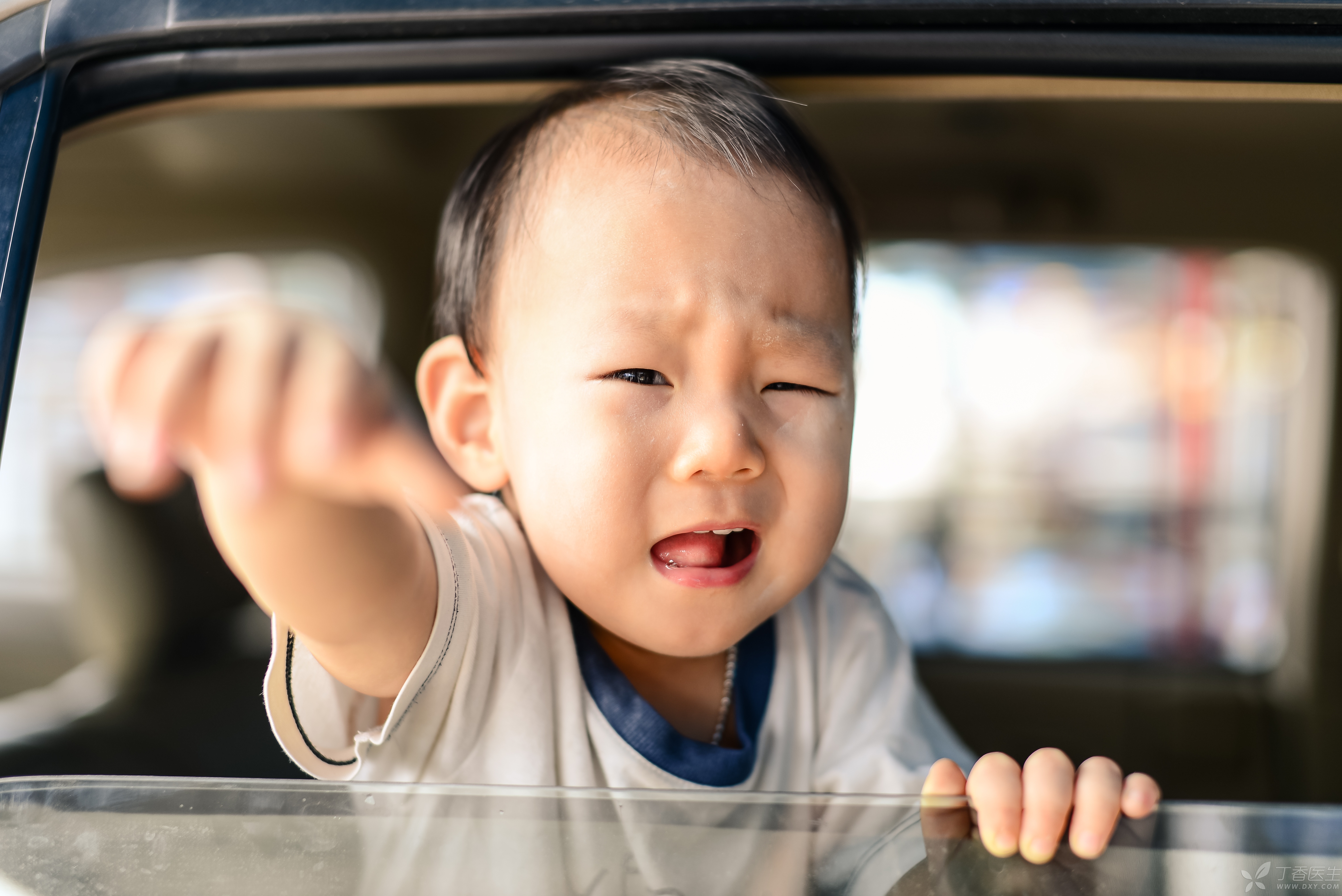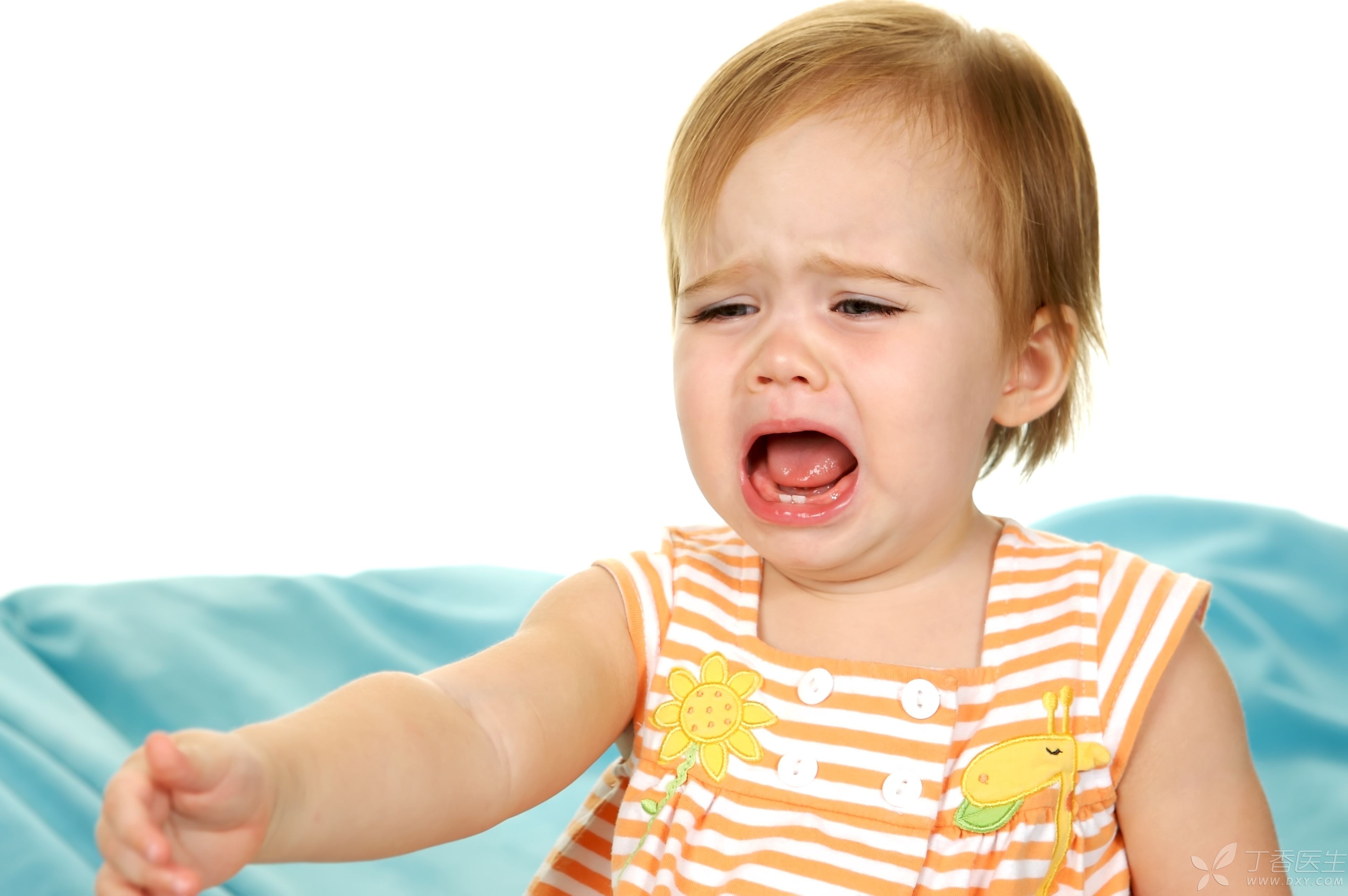When a mother, the most headache problem is the child crying. In the clove mother child-rearing communication group, often can see parents at a loss to ask:
If the child wants what toys and his family cannot give them to him immediately, he will cry until he gets the toys. What should he do?
The child was a little unhappy, so he sat on the ground crying and making a lot of noise. All kinds of methods were used. The child still stopped and wouldn’t cry about what, would he?
As soon as the child cries, Grandpa will hold her and watch TV. This is the only way to stop her from crying, but is it bad for the child often?
As a parent, I have experienced these scenes more or less. When the child cries, it seems that he is the most wronged in the world. It is useless for parents to be what.
If you don’t listen to reason, punishment is useless. Even if you follow his meaning, it is also a palliative. Next time he will cry even harder.
As the father of a 3-year-old child, I have had the same experience with all parents.
In the process of fighting with children, I used my knowledge in children’s psychology to sum up a [three-step method] to effectively deal with children’s crying, which I share with all parents here.
(Ye Zhuang’s Business Card)
One: Tell the child that I know you are unhappy.
Many parents take their children’s crying seriously, say [cry what for this matter] to their children, and even pretend not to hear them.
The child cried, parents should respond and let the child know [I noticed you crying].
But don’t indulge the child unprincipled just because he cries, which will make the child think that crying can solve the problem and it is easier to cry when things happen.
Second, properly allow children to cry for a while.
After responding to the child, it is best to allow the child to cry for a while to release his emotions, but also tell him [crying is similar, let’s work out a solution together.]
Don’t say [don’t cry] loudly to the child, so even if the child doesn’t cry, he will only be frightened by you and will not solve the problem.

Three, explore the real needs of children
When the child’s mood relaxes slightly, parents can seize the opportunity to ask the child some closed questions.
Do you want to watch cartoons? Do you want to buy toys? ]. Even if the child cries and cannot speak, he can answer by nodding and shaking his head.
Next, we must judge whether the children’s needs are reasonable or not, and then communicate with the children with a consultative attitude.

This will not only solve the problem, but also enable children to know what choices they can make when similar situations occur next time and gradually communicate with their parents in a more rational way.
Solving problems is more important than dealing with crying.
When a child cries, if parents do not use the right method, it will encourage the child’s crying behavior and let the child form the habit of [solving problems with crying] from an early age.
Such children encounter difficulties when they grow up and cannot clearly express their needs.

In fact, every cry a child makes is a good opportunity to educate him.
As long as parents can respond to their children in the right way, they can not only effectively stop their children from crying, but also take this opportunity to cultivate a more responsible and sensible child.
Parents should have a set of systematic solutions to all kinds of bad problems in the process of children’s growth.
In the course of “Good Habits for Babies” made by Clove Mother and I, the most common habit problems of children aged 0-3 years old, such as crying, losing temper, not eating well, lying, etc., were systematically answered one by one.
Long Press Scan QR Code
Only 99 yuan
Start to cultivate your baby’s good habits immediately.
▼
(course patch)
Since its launch, the course has been recognized by more than 5,000 families:
(Three consecutive screenshots of favorable comments)
It has also won the support of many professionals:
(Big Cafe Recommends Three Companies)
If you are:
1. Parents with small babies, especially children aged 0 ~ 3 years old;
2. Parents who have headaches because of their babies’ sabotage, temper tantrums and other problems;
3. Parents-to-be who want to do their homework for their baby’s good habits in advance during pregnancy.
This course is designed for you:
(Picture of Course Outline)
Cultivate Excellent Babies
Good habits are more important than talents.
Click to read the original text
Subscribe to [Baby’s Good Habits Formation Class] Now
